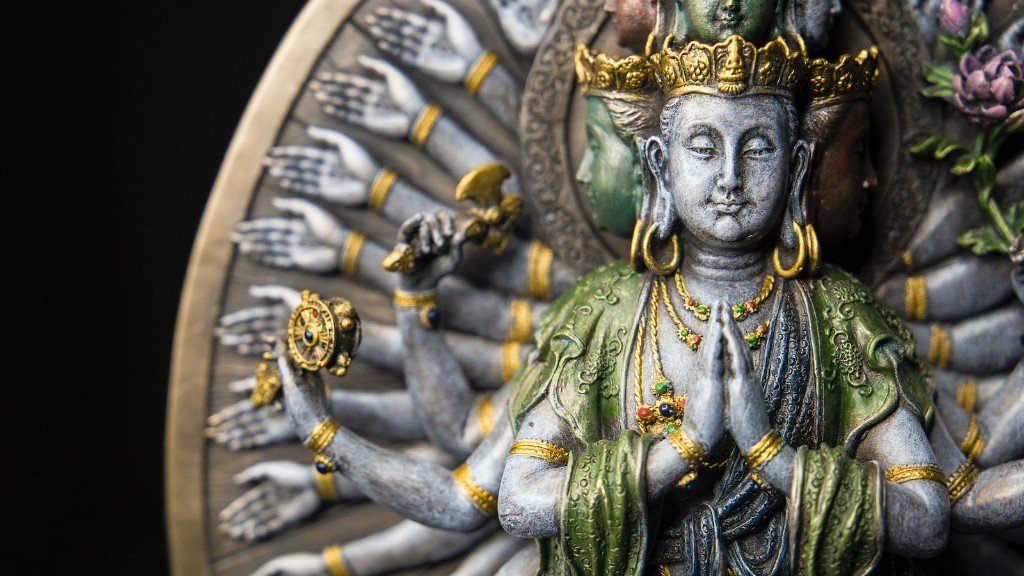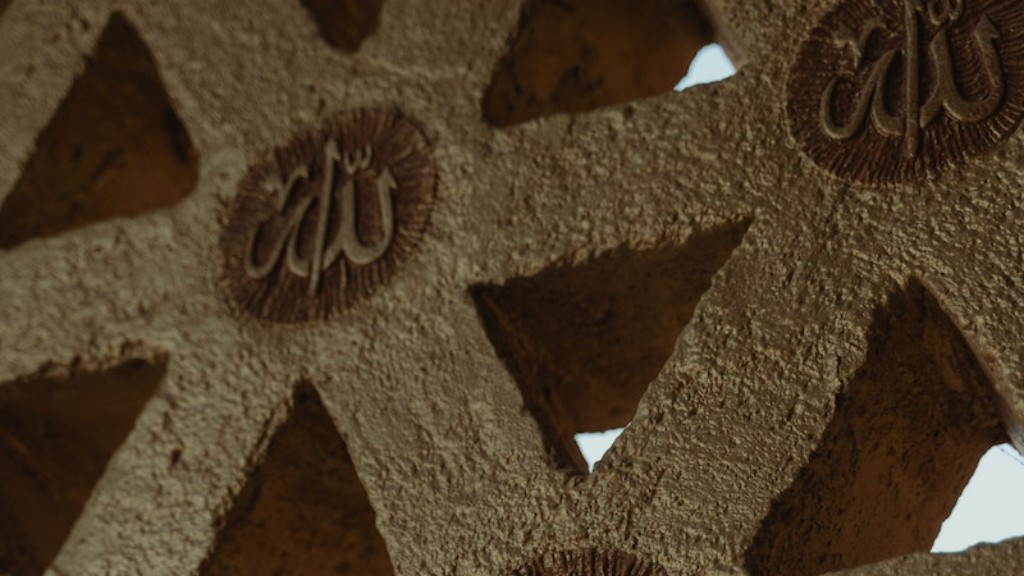Meaning of Pundit in Hinduism
Pundit is an honorary title given to the learned ones in Hinduism. Pundits are authorities on ancient scriptures and philosophical concepts. The origin of the term ‘pundit’ dates back to the Vedic period when people who were trained in the Vedic and Puranic texts were given the title ‘pundit’ by their Gurus or spiritual masters. In current Hinduism, pundits are highly respected and revered.
The term ‘pundit’ refers to one who is a master of sacred knowledge and has complete understanding of all the religious mantras and rituals. Pundits tend to be knowledgeable in theology, philosophy, scriptures and law and often act as advisors to Gods and kings. They are attributed with immense power over the divine and are sometimes considered living legends by their communities.
Pundits are usually affiliated with temples and holy places and have much influence in the Hindu society. They also participate in festivals and special events and are sponsored to preach in different places. Pundits usually carry a sacred thread, referred to as the ‘Janewara’, given to them by their Gurus that bestows them respect and recognition.
It is often believed that the Vedas are passed down through generations by the pundits. Although some pundits may follow the traditional Bramhin scriptures, others may pursue more modern forms of research and study. They are well respected for their ability to interpret sacred texts and provide insight into their meanings and teachings.
Pundits are also said to be skilled in performing rituals and ceremonies including puja, havan and other religious festivals. They play a crucial role in Hindu marriages and other ceremonies. They are highly knowledgeable about mythology and legend and also specialize in interpreting ancient stories and religious texts.
On a spiritual level, pundits are thought to possess special healing powers and are associated with blessing or bringing luck. It is believed that they have the ability to invoke divine energy or grace and can even exorcise evil spirits. They are also said to have control over natural elements like fire, air, water and earth.
In addition to their spiritual and religious roles, pundits are often involved in various ‘social reform’ initiatives that aim to improve the state of the local communities and help to preserve the traditional values and cultures of Hinduism. They are also responsible for providing religious education, counseling and guidance to all those seeking spiritual healing or guidance.
Role of Pundit
The role of a pundit in Hinduism is essential and pivotal. They are the champions of the Hindu faith, upholding the principles of the religion and helping to spread its teachings to the world. Pundits are the custodians of knowledge, capable of passing down wisdom to their families and generations of followers. They are the bearers of traditional rituals and beliefs and serve as spiritual leaders who strive to bring people closer to the divine.
Pundits have a central role in teaching and passing down the values of Hinduism to the younger generations. They help to guide individuals towards the path of spiritual enlightenment. Pundits are particularly active in passing down the Vedic knowledge as well as the traditional rituals, mantras and spiritual teachings associated with Hinduism.
Pundits are also associated with ensuring that the religious rituals are performed correctly. They guide people in the interpretation and performance of certain Vedic and ritualistic practices, facilitate ceremonies, and organise special religious events. They are also responsible for the proper upkeep of temples and holy shrines associated with Hinduism.
On an auspicious day, pundits are expected to be present at the rituals to perform spiritual ceremonies, deliver sermons and provide spiritual guidance. Inviting a pundit to any religious event is considered to be lucky and auspicious. They are considered to be ‘holy men’, who have attained and attained knowledge at a higher level and have devoted their time to the pursuit of wisdom and spiritual growth.
Pundits also have a major role in resolving disputes within the community. They provide guidance during difficult times and help to set the moral standards of the community by promoting correct and wise judgement. By doing so, they strive to protect the Hindu traditions and ensure that their teachings are held in high regard.
Training Of Pundit In Hinduism
The process of becoming a Pundit requires a great deal of dedication, hard work and discipline. The knowledge and skills of a Pundit come from extensive training, study and practice. Pundits are expected to be knowledgeable in all aspects of Hinduism, from the basics of spiritual principles and religious doctrine to complex philosophical concepts.
Special training schools for Punditry offer courses in various aspects of the scripture and learning, including history, philosophy and Sanskrit. Candidates are expected to complete their studies with a degree or equivalent certification. After attaining this qualification, they will receive the honorary title of ‘Pundit’ and become an authority on the teachings of Hinduism.
In addition to the theoretical aspects of Punditry, candidates are also required to learn various religious rituals, mantras and chanting. These rituals require practice and precision, which can be attained only with rigorous training. After completing the course, Pundits are expected to devote time and energy to the study of scriptures, mantras and religious customs.
In order to become a ‘true’ Pundit, one must also learn the philosophy and principles of Hinduism, as well as its application in today’s world. Pundits are expected to be able to explain and resolve spiritual and religious doubts. They must also be capable of understanding and empathizing with their followers.
Respect and Honor
Pundits are held in high respect and honor in Hinduism. In the olden days, Pundits were supported and respected by kings and other rulers. The knowledge and advice of Pundits was accepted and followed. They were considered to be the highest amongst men and were seen as living embodiments of God on Earth.
Today, this respect and honor towards Pundits still exists in many Hindu communities. It is believed that offering one’s respect to the Pundit brings divine blessings and good luck. Pundits are often invited to perform rituals during festivals and other auspicious events.
Pundits are often seen as living saints and wise men who have dedicated their lives in the pursuit for spiritual knowledge and enlightenment. They are recognized for their devotion, divine understanding and selfless service to the people. Pundits are respected and are seen as a valuable member of the community.
Conclusion
The significance of Pundit in Hinduism is indisputable and hard to ignore. Pundits are respected members of the Hindu community, who dedicate their lives to studying, understanding and preaching the Vedic texts and religious rituals. They are often seen as living saints, embodying divine knowledge, grace and wisdom. Pundits are essential in preserving the teachings of Hinduism and are held in high regard by Hindus around the world.




